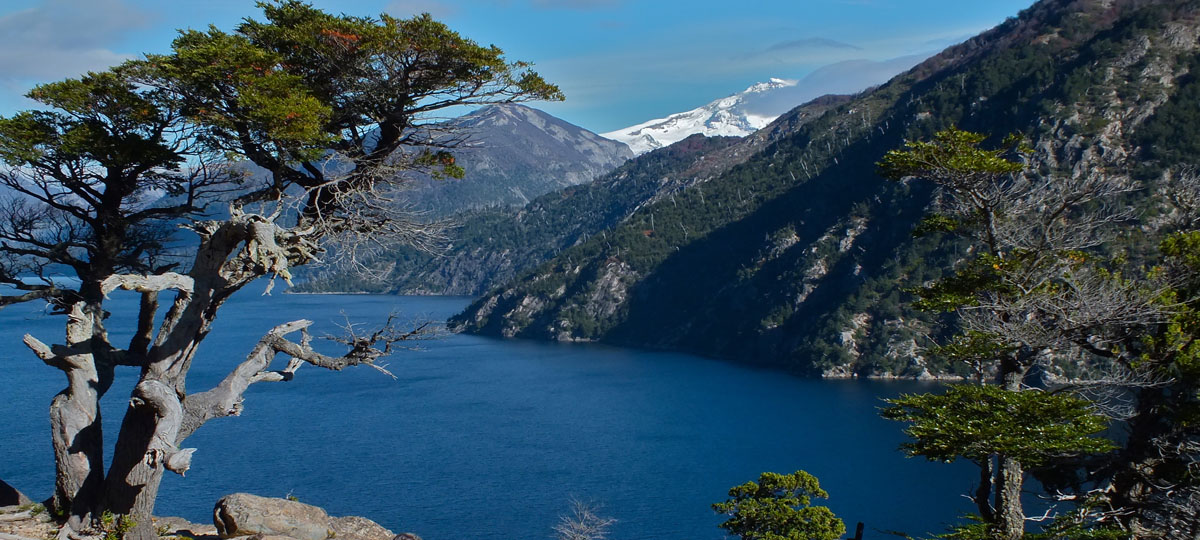ARGENTINA TRAVEL TIPS
Time Zone
Argentina is at GMT -3 and observes Daylight Saving Time in some cities only.
Language
The official language is Spanish.
Currency
Argentina's currency is the Peso. The legal tender notes are 100, 50, 20, 10, 5 y 2 Pesos, and the coins 1 Peso, 50, 25, 10 y 5 cents (there are also 1 cent coins but they are rarely used).
Money Matters
Until recently, Argentina was an expensive country to visit - so expensive that Argentines were in the habit of taking their holidays in 'cheap' countries, like the USA. The economic policy that pegged the peso one-to-one to the US dollar kept prices high but inflation under control.
The recent devaluation of the peso means that all bets are off. At present, the peso has shrunk to about half the value of the US dollar, and it's anyone's guess as to how much further it may drop when banking restrictions are eased. Travellers may discover that two-tiered price structures - one price for Argentine nationals, and a second, higher price for foreigners - have been adopted in some industries. In general, however Argentina is far less expensive for foreign travellers than it once was.
US dollars are no longer accepted officially, but there's such a run on dollars at the moment that many shopkeepers would be glad to take them. You'll get a better rate at an official cambio, but be prepared to wait in line for several hours. Not surprisingly, there's a thriving black market in currency exchange, mostly for US dollars but also for Euros. Avoid the black market - not only is it illegal, but you might end up with counterfeit pesos.
Travellers should bring some of their own currency and change it into pesos little by little. ATM withdrawals that reflect the current exchange rate are the best way to keep up with the fluctuating value of the peso.
Visa and MasterCard are the most widely accepted credit cards, but don't rely on them - some travelers have reported problems getting vendors to accept credit cards these days. The same goes for travellers cheques. Bargaining is uncommon, except in the artisan markets of the Andean northwest.
Tipping
Tipping around 10% is customary in restaurants.
Weather
Best time to go to Argentina
Due to Argentina’s vast extension, weather conditions and temperatures vary greatly from destination to destination.
Buenos Aires is a year round destination with mild winters (May – September) and hot summers (November – March) whilst the spring and fall months in between remain warm.
Iguazú falls can be visited year round although the summer months (November – March) can be particularly hot and humid, and the falls have their highest flow at this time of year. The winter months of June through September offer milder temperatures whilst the flow of water is lower than during the summer.
The mountainous Lake District is cool all throughout the year, enjoying a northern European climate. Here, April through June are the months of heaviest rainfall. November through March is considered the best travel time, but is also the time of year that attracts the biggest crowds.
Atlantic Patagonia is mainly cool, with unpredictable changes of weather throughout the year, while the best time to visit the Peninsula Valdés natural reserve depends on the fauna viewing more than on the weather. Whale watching usually takes place between late June and late November while penguin watching is between December and March every year.
Southern Patagonia experiences extremely cold winters (May - September) with much of the infrastructure closed at this time of year. The summers attract the largest crowds as well as the strongest winds whilst the shoulder seasons of spring (September-November) and fall (March – April) see reduced winds as well as colourful landscapes with flora coming into flower.
Central Argentina offers a continental climate and Cordoba and Mendoza can be visited all year round. Winter in both destinations presents cool mornings and evenings with mild afternoons. In the wine country surrounding Mendoza, the harvest takes place in February and March.
Northwest Argentina is best visited during the winter months of April – September when the climate remains predominantly dry and pleasantly warm whilst the summer months of November – March bring hot temperatures and some overcast and rainy days.
Health
Tap water throughout the country is generally safe to drink, though visitors should exercise caution in rural areas and in the desert north, we therefore recommend drinking only bottled water. This means that raw fruit and vegetables may be safety consumed as long as they are properly washed.
All travelers from abroad need to be fully vaccinated against COVID-19 to enter Argentina. Please check with your Travel Consultant about the latest entry requirements
Ensure Tetanus and Polio boosters are up to date.
Hepatitis A is usually advised.
Malaria: You should consult your local doctor or Travel Clinic for the best balance of medication.
Yellow Fever: Vaccination certificate is required for travellers over 6 months old if arriving from infected areas.
Cholera: Cases of cholera were reported in 1996, and precautions should be considered. Up to date advice should be sought before deciding whether these precautions should include vaccination, as medical opinion is divided over its effectiveness. You should consult your doctor or Travel Clinic for the best balance of medication.
For up to date information on latest health and vaccination recommendations, please contact your doctor.
Electricity
Electric voltage is 220 volts, 50 cycles (220v 50Hz). The use of appliances or electric devices designed for 110V need the use of a transformer. Most travel appliances like notebook computers have an auto volt (110V-240V) transformer that will adapt to Argentinean electricity.
Arrival and Departure Formalities
Tourists can stay in the country up to 90 days at most. Most foreigners require a visa, except nationals from neighbouring countries, Western Europe, Israel, Japan, South Africa and the USA. All visitors need a tourist card, which is valid for 90 days and extendable for a similar period. All passengers should refer to their closest Argentine Embassy to check which visas are required, although current visa requirements may be subject to change at any time.
Other Notes
Argentina is a safe country, especially when out of the major cities, although we would recommend taking the usual precautions such as not being showy with money, and making use of the hotel safe for valuables wherever possible. Buenos Aires, as with all cities in the world today, does have a criminal element, mostly pickpockets etc, who can target tourists, so we recommend not to carry large sums of cash and to ask your hotel, or one of our representatives, where to go and where would not be recommended.




